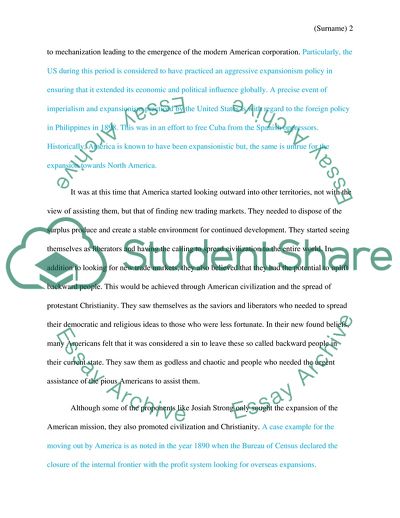Cite this document
(US History 1865 to Present Essay Example | Topics and Well Written Essays - 2250 words, n.d.)
US History 1865 to Present Essay Example | Topics and Well Written Essays - 2250 words. https://studentshare.org/history/1806820-us-history-1865-to-present
US History 1865 to Present Essay Example | Topics and Well Written Essays - 2250 words. https://studentshare.org/history/1806820-us-history-1865-to-present
(US History 1865 to Present Essay Example | Topics and Well Written Essays - 2250 Words)
US History 1865 to Present Essay Example | Topics and Well Written Essays - 2250 Words. https://studentshare.org/history/1806820-us-history-1865-to-present.
US History 1865 to Present Essay Example | Topics and Well Written Essays - 2250 Words. https://studentshare.org/history/1806820-us-history-1865-to-present.
“US History 1865 to Present Essay Example | Topics and Well Written Essays - 2250 Words”. https://studentshare.org/history/1806820-us-history-1865-to-present.


